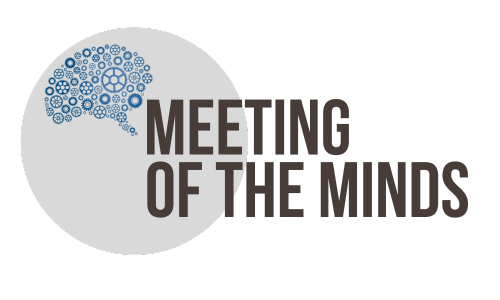Financial Issues & Answers for Everyone
A thorough analysis of today’s financial news—delivered weekly to your inbox or via social media. As part of Knowledge Bureau’s interactive network, the Report covers current issues on the tax and financial services landscape and provides a wide range of professional benefits, including access to peer-to-peer blogs, opinion polls, online lessons, and vital industry information from Canada’s only multi-disciplinary financial educator.
December 2025 Poll
It costs a lot more to go to work these days. Should the Canada Employment Credit of $1501 for 2026 be raised higher to account for this?

Acuity 2024: Reach New Professional Heights Among the Stars of Your Industry!
We invite you to connect with Canada’s brightest and 16 of the most accomplished thought leaders in the tax, accounting and financial services industry at the 2024 Acuity Conference for Distinguished Advisors in Montreal November 10-12. Join us to celebrate, meet and honour your peers from coast-to-coast at the Knowledge Bureau Awards Ceremony on November 10. Check out the detailed online conference agenda designed to help you discover new ways to lead with impactful guidance.

Why is the Family Office the Future of Financial Services?
On June 5 at 10 am CT we invite you to join practicing Real Wealth Managers™ as they share their “why” that lead them to build their own family offices and practice within the RWM™ framework in order to help Canadians achieve financial peace of mind. How can you be part of transformative change in the financial services industry with your own family office focused on collaborative, future-oriented, financial planning? Learn more at this complimentary event and take advantage of a pre-event enrolment offer to enrol in the program and save $500 only until May 31!

Capital Gains Changes: 89% of Pros Disagree
Almost 90% of tax and financial advisors who responded to our May poll say they don’t agree with the proposed capital gains increase on or after June 25, 2024. Advisors have an important role to play in ensuring that the June 25 trigger date for the higher inclusion rates will not unduly upset retirement and estate plans. Knowledge Bureau’s Advanced Retirement & Estate Planning Course, featuring session recordings from expert instructors on May 22 (available today) will help bring you up to speed on the latest issues affecting your clients. Here’s what advisors said:

Tax Tip: Writing of Accounting and Legal Fees
With all the extra tax filings clients have had to undertake this year including the Underused Housing Tax Returns and T3 returns for trusts, as well as their personal and corporate returns, professional fees payable will certainly have risen. For many, it will in fact have been an unbudgeted expense. Yet others, may be incurring legal fees to challenge CRA reassessments. Understanding how much of these fees will be deductible, can help ease the annual double-whammy: paying taxes and paying professionals to figure them out. Here are guidelines for deductibility.

Will CPP Survivors Receive More Soon?
The April 16, 2023 federal budget made brief mention of potential enhancements to the Canada Pension Plan (CPP). The CPP death benefit, in particular, is in the spotlight. At $2,500, it has been unindexed, and it is sorely lacking for the funding of funeral expenses. Here is what survivors can expect to receive under current rules, and what to look for as CPP enhancements are announced over the next several months to improve benefits available:

